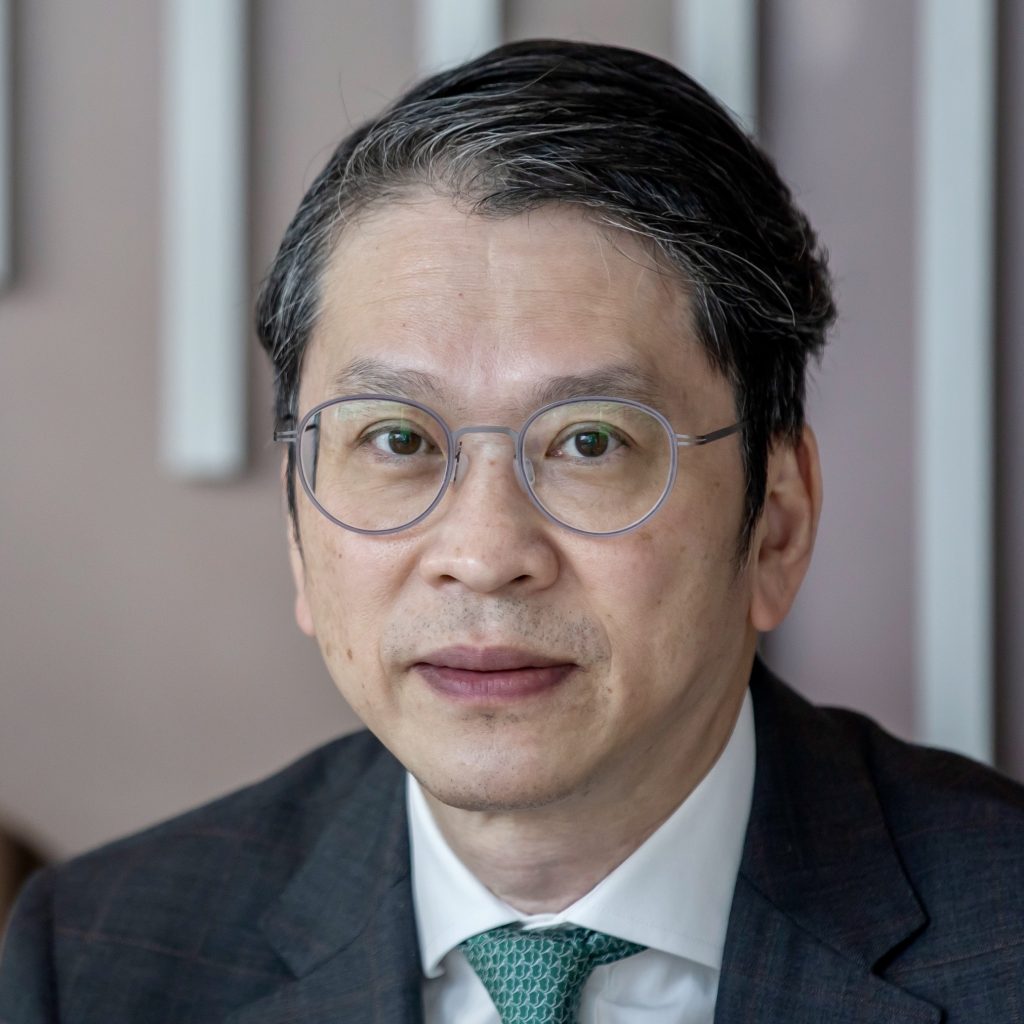May 2024 | Volume 25 No. 2
Tried and Tested
Listen to this article:
Big pharma have been coming to the HKU-CTC for years to test new drugs, either to meet FDA requirements (multi-centre clinical trials must be conducted on patients from different parts of the world to gain approval) or to test new treatments for diseases that are prevalent in Hong Kong, such as hepatitis B. That is both a testament to the high quality of HKU-CTC’s work, and a challenge moving forward.
HKU-CTC has grown from a small unit established in 1998 to support HKUMed academics in conducting clinical trials, to an establishment employing well over 100 people with expertise in areas such as law, finance and the administrative hurdles of regulatory processes. It has overseen more than 2,000 phase one, two and three clinical trials, mostly on industry-sourced products.
That success has attracted attention from others in the region, such as Vietnam and Thailand, that are establishing their own clinical trial centres at lower costs. While the competition is heating up, the Chief Director of HKU-CTC, Professor Leung Wai-keung, Li Shu Fan Medical Foundation Professor in Gastroenterology, believes HKU-CTC – and Hong Kong – retain advantages.
“The pharma industry knows we are experienced in conducting trials and have very good quality control,” he said. “Hong Kong also is known to have a good regulatory and legal system. So they are confident in having their products tested here.”
Those factors are important not only to remain competitive but also because Hong Kong aims to be an even bigger player in clinical trials. The Chief Executive announced last autumn that Hong Kong would establish the Greater Bay Area International Clinical Trial Institute in the Hetao Shenzhen-Hong Kong Science and Technology Innovation Cooperation Zone. HKU-CTC will likely be closely involved given its expertise and track record.
Access to better treatments
HKU-CTC has managed a range of trials, such as tests for new or repurposed drugs targeting specific molecules or antibodies, diagnostic procedures, medical equipment and accessories, vaccines, even applications such as tai chi or acupuncture. The most common trials involve cancer – these get the most funding – and gastroenterology, cardiology and haematology are also popular.
Recently, they oversaw successful trials of an intranasal COVID-19 vaccine developed at HKU by Professor Chen Honglin of the Department of Microbiology. But usually, the trials are initiated by industry.
“Clinical trials are very expensive so it’s not easy to run an investigator-initiated phase one trial. You need to pay the volunteers, pay for the test, pay for the examinations – it is not cheap. Even a few tests could cost HK$1 million. So usually, it is very promising drugs that will be put into trial,” Professor Leung said.
Patients benefit no matter who initiates the trials because they get access to potentially better treatments than they are now receiving. HKU-CTC recruits volunteers, usually patients with specific types and stages of disease. Trials are mostly done at HKU’s teaching hospital Queen Mary Hospital, but negotiations are underway to conduct trials at other Hospital Authority hospitals with their wider patient base, and at the private Gleneagles Hospital.
Opportunities in the Greater Bay Area
“In future we would like to see active participation and recruitment onsite because it’s not easy for patients to have to travel to Queen Mary Hospital for treatment. If more regional hospitals participate in clinical trials, patients there can potentially receive better treatment. There needs to be a culture change, but I think better patient care and research go hand in hand,” he said.
Professor Leung also stressed that people need not fear clinical trials. Some have expressed that they think they will be treated as ‘guinea pigs’ and worry about safety, but there are large amounts invested in drug development to protect patients, particularly in multi-centre global trials, and all trials must first be approved by an ethics committee and by the Department of Health. “Everything is transparent and highly regulated,” he said.
The government’s plans to build up Hong Kong’s clinical trials capabilities come as HKU-CTC has already been looking afield to strengthen its regional presence. It conducts training workshops, particularly in the Greater Bay Area (GBA), to help develop talent in an industry that is understaffed. It has also established a spinoff company in the GBA to do site management and contract research there.
“The GBA has many patients and many hospitals, but they’re not very familiar with clinical research. We see a huge demand in future for expertise,” he said. “We really need to expand beyond Hong Kong to continue to be successful, not only because of space and talent, but because we need a bigger patient load.”
The pharma industry knows we are experienced in conducting trials and have very good quality control. So they are confident in having their products tested here.

Professor Leung Wai-keung

